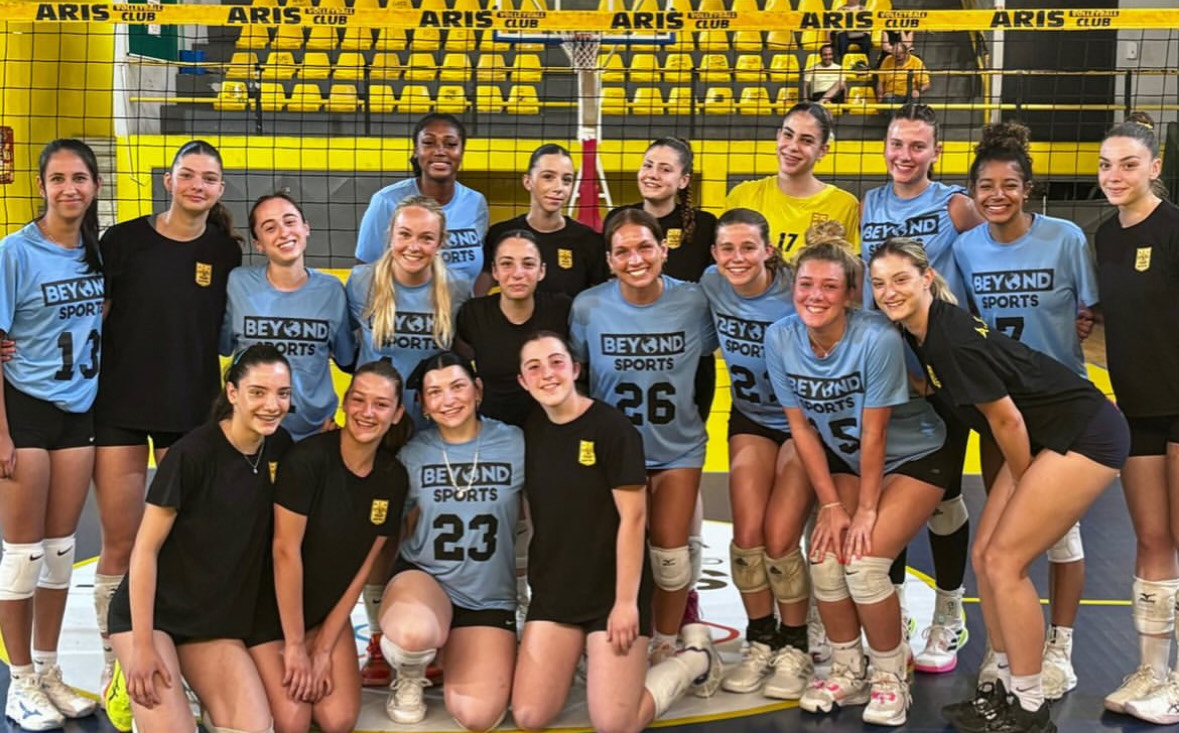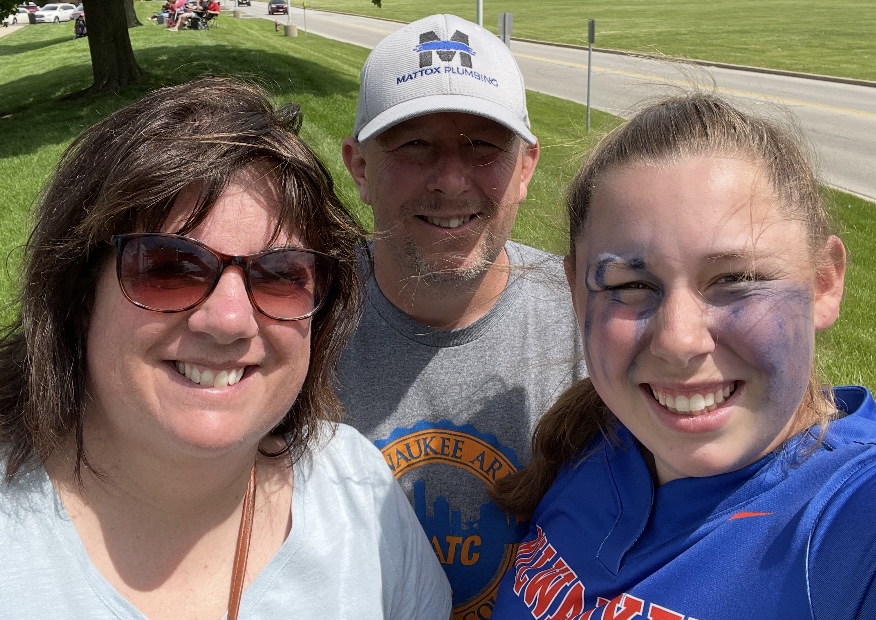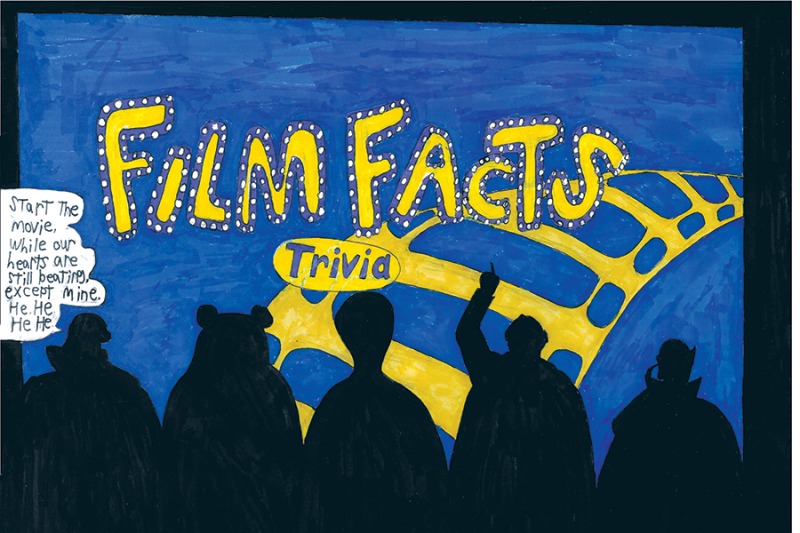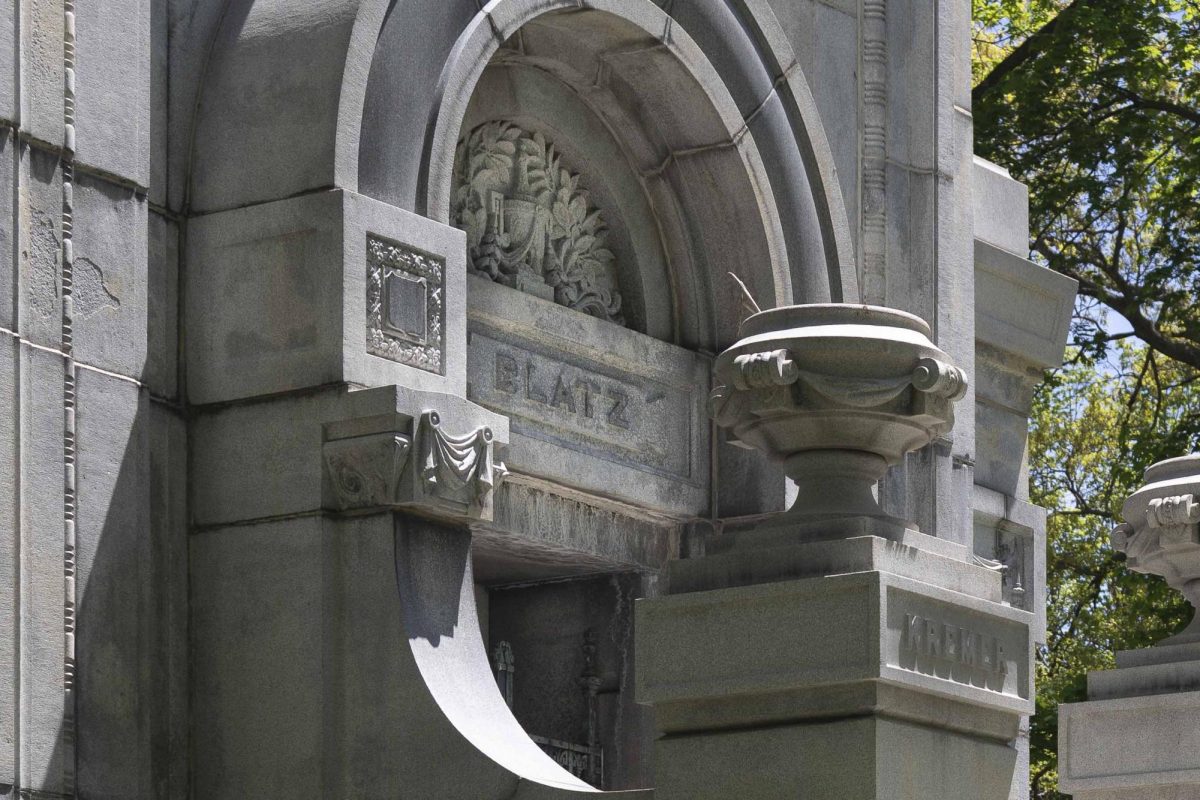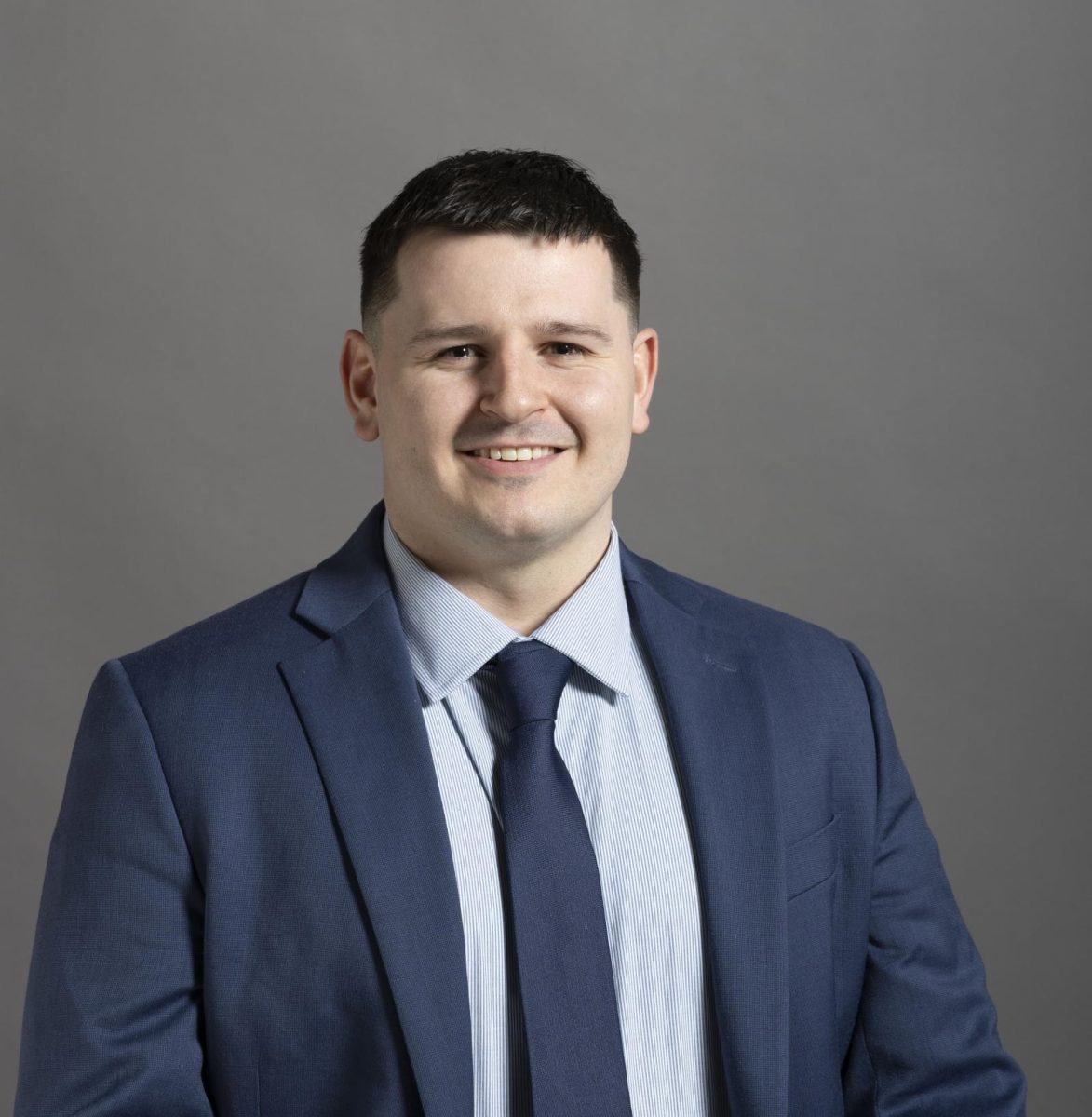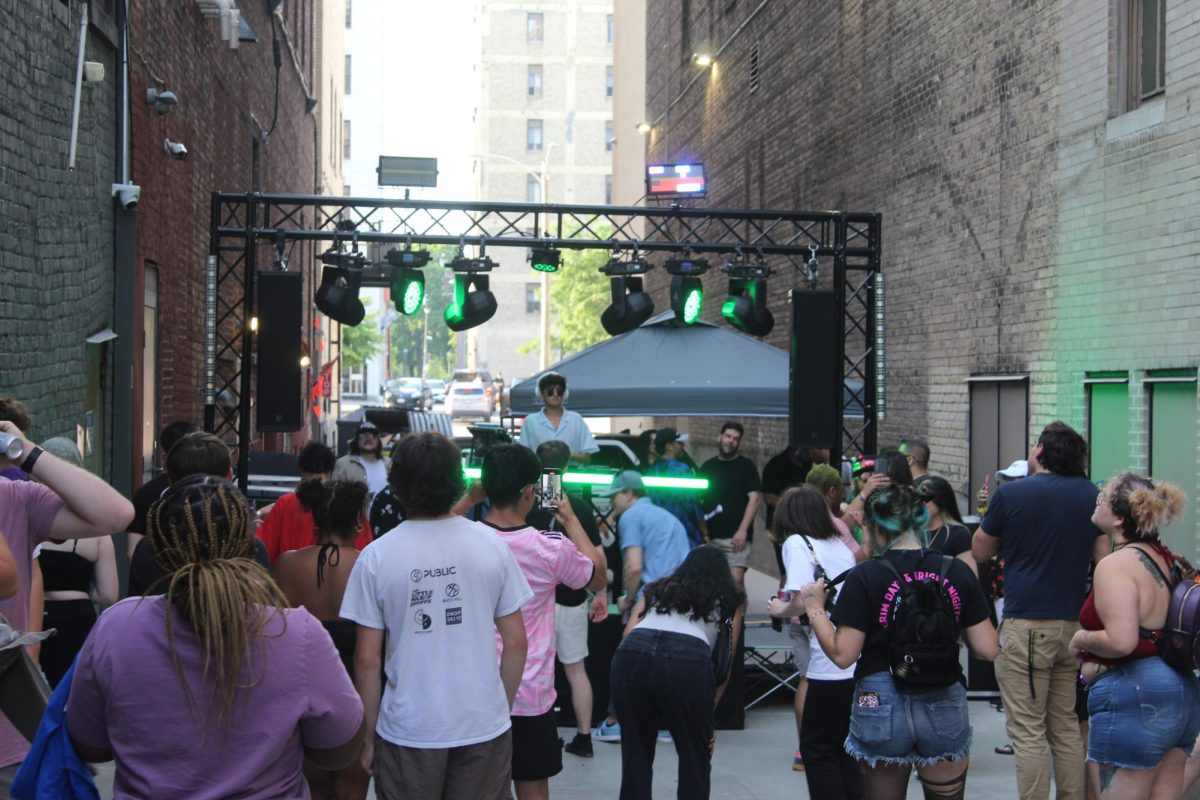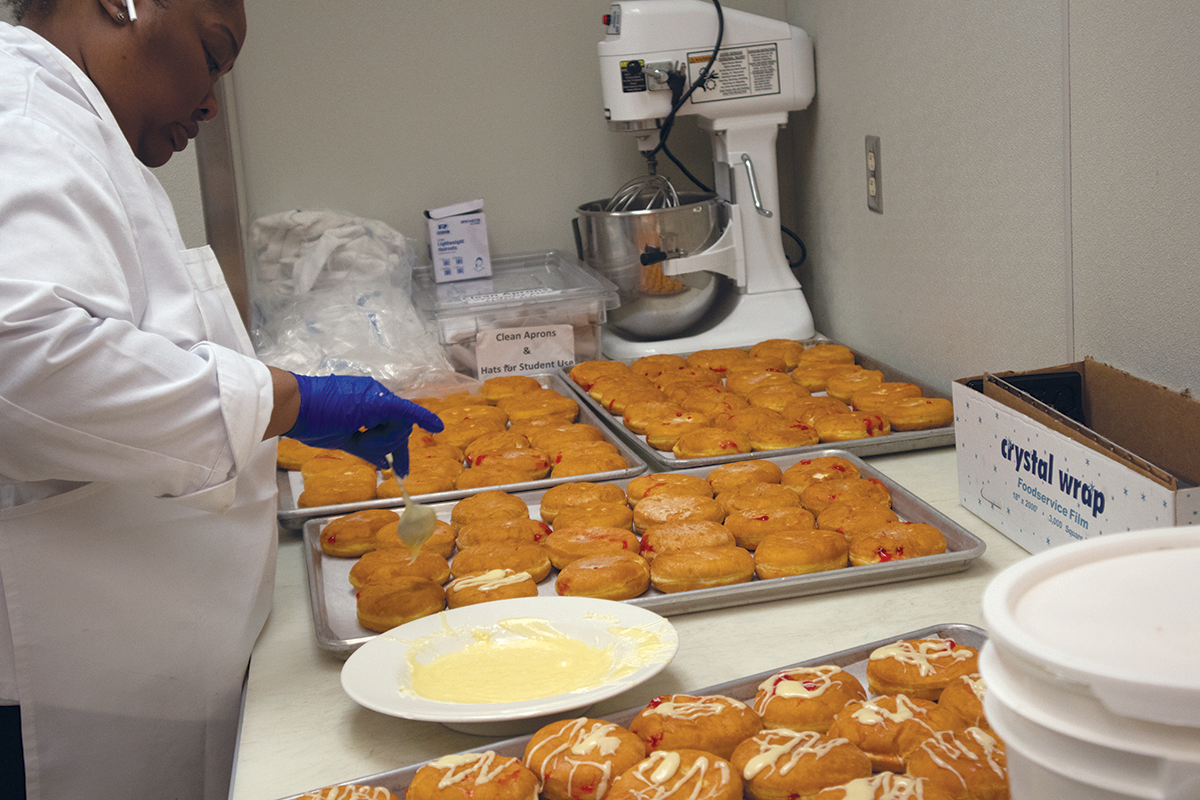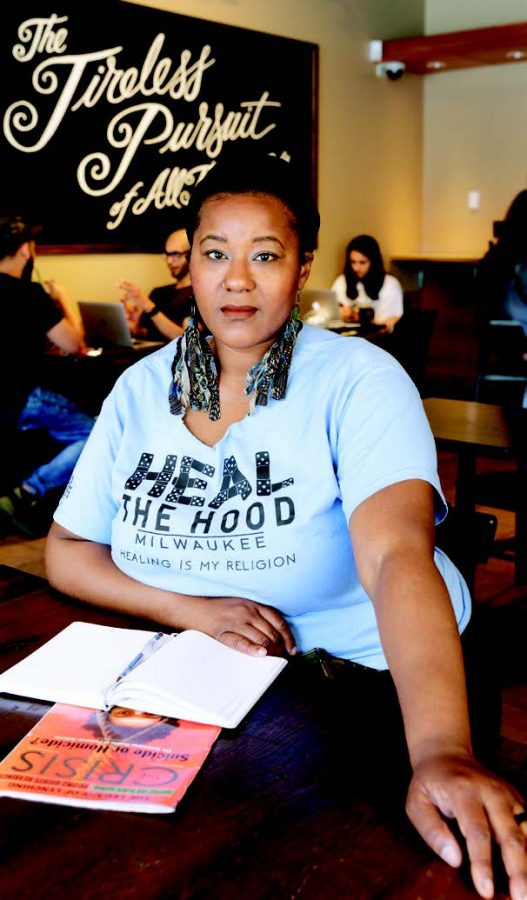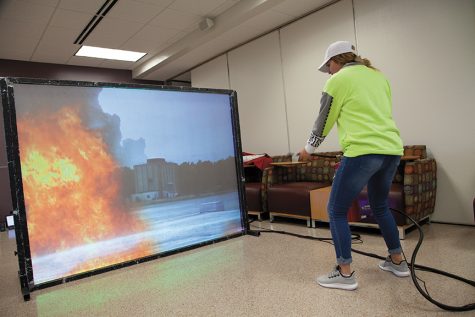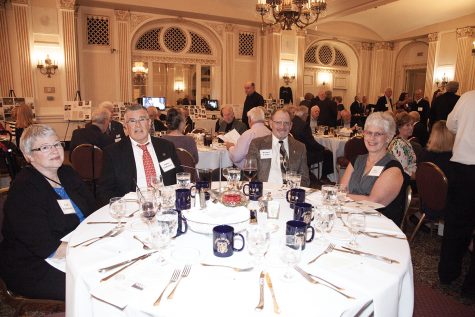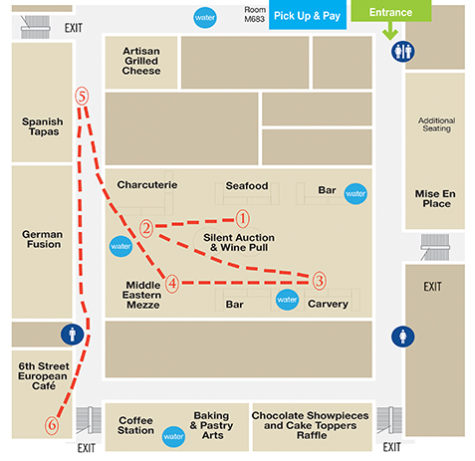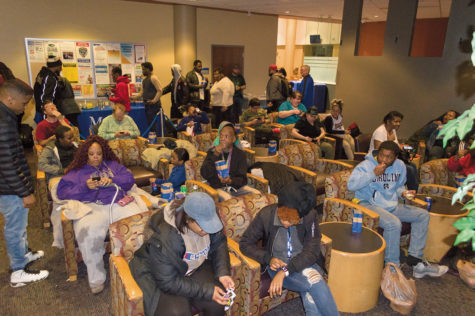Shantae Peace: Writer, Social Activist and MATC Student
Photo by Andrea B. Clunie/MATC Times MATC Student and writer, Shantae
MATC Student and writer, Shantae Peace, was recently interviewed about her social activism focused on healing trauma and racism in Milwaukee.
Shantae Peace has always felt a pull toward activism within her community, but two years ago felt it more strongly when she returned to her hometown of Milwaukee. After nine years of living out of state, she quickly felt the insidious realities of racism within the city and faced her own struggles with anxiety, depression and post-traumatic stress disorder.
At this time, she started attending MATC and became involved in different organizations, including the school paper and the Center for Leadership of Afrikan Women’s Wellness. “MATC became a catalyst for local activism and what eventually led to the Journal Sentinel article,” Peace stated. While attending a meeting hosted by Scaling Wellness in Milwaukee (SWIM), a collective of social agencies and nonprofits bringing a trauma-informed-care movement to the city, Peace felt the intention of the collective was hopeful, but felt more emphasis should be placed on the history of the city and the human experience. While organizations such as SWIM are a step in the right direction, Peace feels a need for actionable steps to promote rapid change. Her position is not misplaced. According to a Brookings Institution study released in 2018, Milwaukee is the most segregated city in the nation.
Peace expressed concerns about the high levels of anger and fear in marginalized communities, “That can be a very dangerous combination.” She adds that it creates further isolation and promotes unhealthy coping mechanisms. There is not a sudden onset of drugs, alcoholism, and a prevalence of mental health issues – it has been years in the making and is the result of systemic racism. Pain and trauma have been passed through generations, creating complex layers of problems. She stated, “People fail to realize what informs their decisions.” It is the history of a family, a community, a country; the past can be so painful and it can be too traumatic to face inward. For Peace, it starts at the human level – the core of the individual – realizing true human value and the value of experience. “It is brave to focus inward and find healing,” she said.
Peace asserts that experiences that would be deemed “traumatic” in non-black communities are expected to be absorbed and normalized in black communities. It is not normal and should not be minimized. She strives to find balance and healing from her own experiences through the power of her pen. “[In my writing] I promote opening the floor to talking about mental health; there is little tolerance for open communication within the immediate community. We need to re-evaluate the family structure, examine the community structure, and correct how we relate to one another so there is an ability to heal as a collective.”
Peace continues looking within herself to confront fear, challenge her perspectives and remove self-imposed barriers by exercising self-expression. As a poet, she challenges herself to write authentically; finding strength in vulnerability. Peace plans on publishing her poetry and essays in an effort to enact change. As a final thought, she shared a quote by Martin Luther, “If you want to change the world, pick up your pen and write.”






